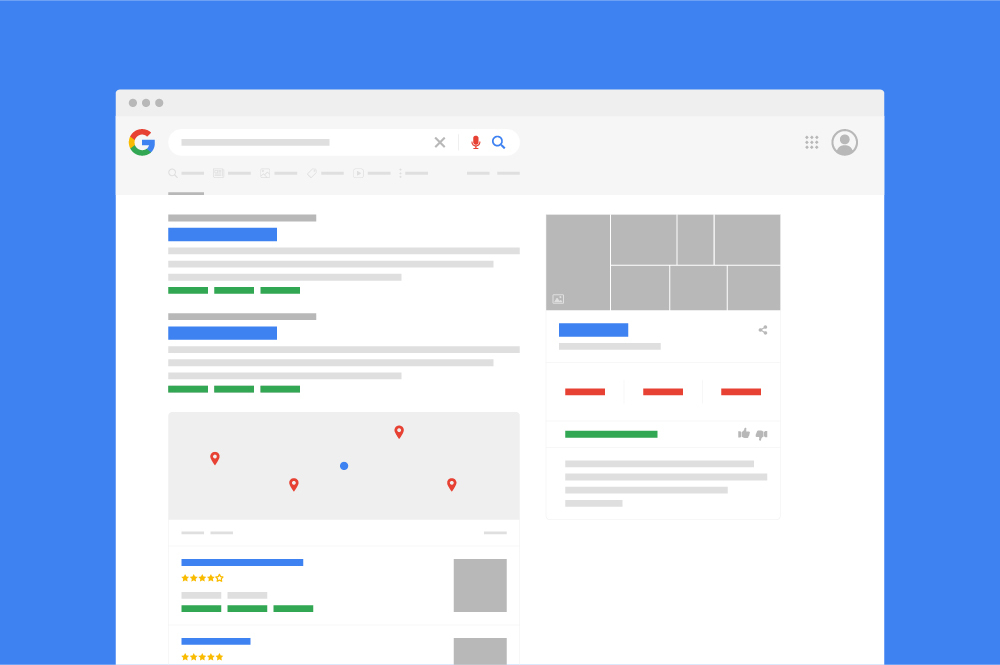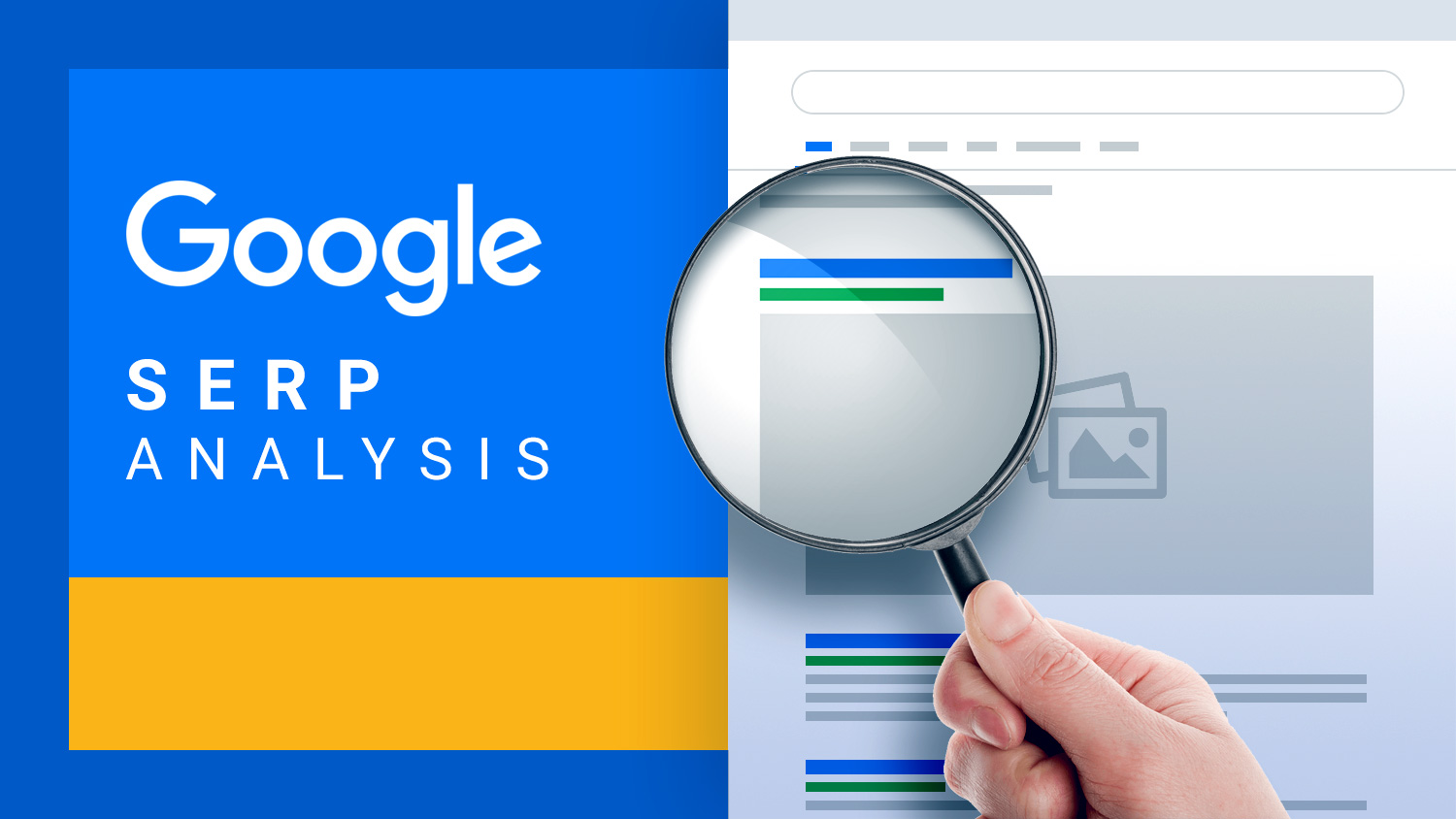Unlocking The Power Of Google SERP API For SEO Strategies
The digital landscape is constantly evolving, and staying ahead in the game requires innovative tools and strategies. One such tool that has gained immense popularity among digital marketers and SEO specialists is the Google SERP API. By harnessing the capabilities of this API, businesses can access real-time data from search engine results pages (SERPs), enabling them to make informed decisions and optimize their online presence. Understanding the intricacies of the Google SERP API is crucial for anyone looking to enhance their SEO strategy. In a world where data is king, having the ability to extract and analyze search engine data can significantly impact your online visibility and ranking.
The Google SERP API provides developers and marketers with a seamless way to retrieve search results programmatically. This powerful tool allows users to monitor keyword rankings, analyze competitors, and track the effectiveness of their SEO efforts. With its ease of use and robust features, the Google SERP API is becoming an essential asset for businesses aiming to boost their search engine performance. By integrating this API into their workflows, marketers can save time and focus on what truly matters: driving traffic and conversions.
As the importance of SEO continues to rise, utilizing tools like the Google SERP API can set businesses apart in a crowded market. From small startups to large enterprises, understanding how to leverage this API can lead to better insights, enhanced strategies, and ultimately, success in the digital realm. In this article, we’ll explore the many facets of the Google SERP API, including its features, benefits, and how it can be integrated into your existing SEO strategy.
What is Google SERP API?
The Google SERP API is a powerful tool that allows users to access and retrieve real-time search engine results data. This API provides a straightforward way to query Google’s search results programmatically, offering a wealth of information that can be utilized for various SEO purposes. By using this API, businesses can gather valuable data about keyword rankings, search volumes, and competitors, enabling them to make data-driven decisions that enhance their online visibility.
How Does Google SERP API Work?
The Google SERP API operates by sending requests to Google's search engine and returning structured data in a user-friendly format. Here’s a brief overview of how it works:
- The user makes a request to the API, specifying the search query and other parameters.
- The API processes the request and queries Google’s search engine.
- The API returns the structured results, including organic listings, ads, and rich snippets.
This streamlined process allows marketers to obtain up-to-date information on search results without manually searching Google, saving time and resources.
What Are the Benefits of Using Google SERP API?
Utilizing the Google SERP API presents several advantages for marketers and businesses alike:
- Real-Time Data: Access to real-time search results helps businesses stay updated on their SEO performance.
- Competitive Analysis: The API allows users to monitor their competitors and adapt their strategies accordingly.
- Keyword Tracking: Marketers can track keyword rankings over time, enabling them to optimize their content strategies.
- Time Efficiency: Automating the retrieval of search results saves valuable time for marketers.
How Can Google SERP API Enhance Your SEO Strategy?
Integrating the Google SERP API into your SEO strategy can lead to significant improvements in your overall performance. Here are a few ways this API can enhance your efforts:
- Data-Driven Decisions: Access to comprehensive data allows businesses to make informed decisions based on real search results.
- Content Optimization: Understanding which keywords are performing well can guide content creation and optimization.
- Performance Monitoring: Track changes in keyword rankings to assess the impact of your SEO efforts.
- Market Insights: Glean insights into market trends and consumer behavior through search data analysis.
What Features Does Google SERP API Offer?
The Google SERP API boasts a range of features that cater to the needs of digital marketers and SEO professionals:
- Multi-Language Support: The API supports multiple languages, allowing for global reach.
- Location-Based Results: Users can obtain search results specific to different geographic locations.
- Structured Data Output: The API returns results in a structured format, making it easy to analyze.
- Customizable Queries: Users can customize their search queries to focus on specific keywords and parameters.
Is Google SERP API Suitable for All Businesses?
Absolutely! The Google SERP API can be beneficial for businesses of all sizes and industries, whether you are a small business owner, a digital marketing agency, or a large corporation. Here’s why:
- Scalability: The API can handle various scales of data requests, making it suitable for small and large businesses alike.
- Affordability: With various pricing plans, businesses can choose an option that fits their budget.
- Flexibility: Its customizable nature allows businesses to tailor their queries to meet specific needs.
How to Get Started with Google SERP API?
Getting started with the Google SERP API is straightforward. Follow these steps:
Conclusion: Is Google SERP API Worth the Investment?
In conclusion, the Google SERP API is a powerful tool that can significantly enhance your SEO strategy. By providing real-time data and insights into search engine performance, it empowers businesses to make data-driven decisions and optimize their online presence. Whether you are looking to track keyword rankings, analyze competitors, or simply stay updated with the latest search trends, the Google SERP API is undoubtedly worth the investment for any serious marketer or business owner.



ncG1vNJzZmixn6PAtr7IZqWeq6RjsLC5jpycpZ2Sp7a1xZBuZqCnn5y5pnnSnqmpZZGltm%2B006aj